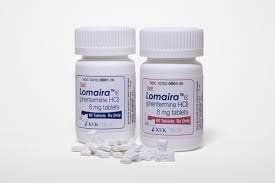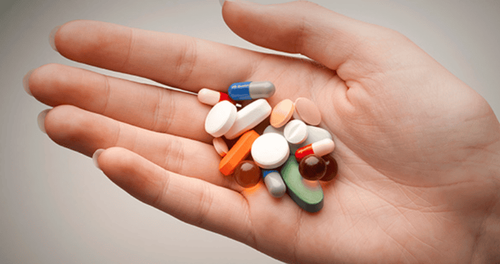This is an automatically translated article.
There is a lot of controversy surrounding the effects of monosodium glutamate (MSG) on human health. Some argue that MSG is a trigger for asthma, headaches and even brain damage. On the other hand, most official sources like FDA claim that MSG is safe.1. What is MSG?
MSG is a common food additive used to enhance flavor. MSG is derived from the amino acid glutamate, or glutamic acid, which is one of the most abundant amino acids in nature. Glutamic acid is a non-essential amino acid, which means the body can produce it on its own. Glutamic acid serves many different functions in the body and is found in most foods. Chemically, MSG is a white crystalline powder that resembles table salt or sugar. Is a combination of sodium and glutamic acid, known as sodium salt. The glutamic acid in MSG is made by fermenting starch, but there is no chemical difference between the glutamic acid in MSG and in natural foods.
MSG enhances the umami flavor from the meat. Umami is the sweet taste from meat, which is the fifth basic taste, along with salty, sour, bitter and sweet. This additive is common in Asian cuisine and is used in various processed foods in the West. The average amount of MSG used daily is 0.55 to 0.58 grams in the US and UK and between 1.2 and 1.7 grams in Japan and South Korea.

Bột ngọt giúp tăng cường hương vị umami từ thịt
2. Why is MSG harmful?
Glutamic acid functions as a neurotransmitter in the brain, stimulating nerve cells to enhance signal transmission. Some have suggested that MSG leads to increased levels of glutamate in the brain which in turn overstimulates nerve cells.
For this reason, MSG was classified as a stimulant in 1969, when a study found that injecting large doses of MSG into newborn rats caused harmful neurological effects.
In fact, increased levels of glutamate in the brain can be harmful to the nervous system and body. Also, in one study, even a small dose of MSG increased blood glutamate levels by 556%.
However, there is no convincing evidence that MSG acts as a stimulant when consumed in small to moderate amounts in food.
3. Reaction with MSG
Some people may experience side effects from consuming MSG. Symptoms include headache, muscle tension, numbness, tingling, weakness, and reddened facial or body skin.
The amount that causes the above symptoms is about 3 grams per meal. This is a high amount, exceeding 3 times the threshold of the average American is consuming each day. Some researchers speculate that such large doses of MSG allow glutamic acid to cross the blood-brain barrier and interact with nerve cells, leading to brain swelling and injury.
Some have suggested that MSG also causes asthma attacks in susceptible individuals. In a study of 32 people, 40% of participants experienced an asthma attack with large doses of MSG. However, other similar studies did not find any relationship between MSG intake and asthma.

MSG có thể gây ra các cơn hen ở những người nhạy cảm
4. Effects on taste, calories and obesity risk
Some evidence suggests that MSG can help users feel full. Studies show that people who consume soups with MSG tend to consume fewer calories at subsequent meals. The umami flavor of MSG can stimulate receptors found on the tongue and in the digestive tract, which in turn trigger the release of appetite-regulating hormones.
However, other studies indicate that using MSG increases, rather than decreases, calories. Therefore, users should not rely on MSG for weight loss.
In China, increased MSG intake is associated with weight gain, which is based on average intake ranging from 0.33 to 2.2 grams per day. However, in Vietnam, an average intake of 2.2 grams of MSG per day was not associated with overweight. In a human trial, MSG was found to increase blood pressure, increase the frequency of headaches, and increase nausea. However, this study used unrealistically high doses.
Therefore, more medical studies are needed to prove the impact of MSG on human health, especially overweight or metabolic disorders.
Please dial HOTLINE for more information or register for an appointment HERE. Download MyVinmec app to make appointments faster and to manage your bookings easily.
Reference article: Healthline.com












